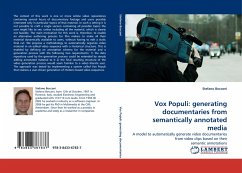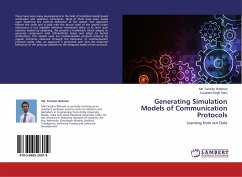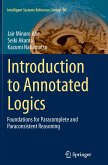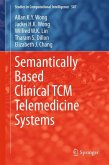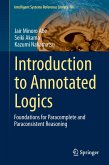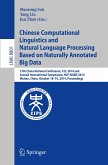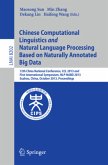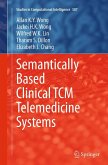The context of this work is one or more online video repositories containing several hours of documentary footage and users possibly interested only in particular topics of that material. In such a setting it is not possible to craft a single version containing all possible topics the user might like to see, unless including all the material, which is clearly not feasible. The main motivation for this work is, therefore, to enable an alternative authoring process for lm makers to make all their material dynamically available to users, without having to edit a static nal cut. We propose a methodology to automatically organize video material in an edited video sequence with a rhetorical structure. This is enabled by defining an annotation schema for the material and a generation process with the following two requirements: 1) the data repository used by the generation process could be extended by simply adding annotated material to it 2) the nal resulting structure of the video generation process would seem familiar to a video literate user. The approach was tested by implementing a system called Vox Populi that realizes a user-driven generation of rhetoric-based video sequences.
Bitte wählen Sie Ihr Anliegen aus.
Rechnungen
Retourenschein anfordern
Bestellstatus
Storno

